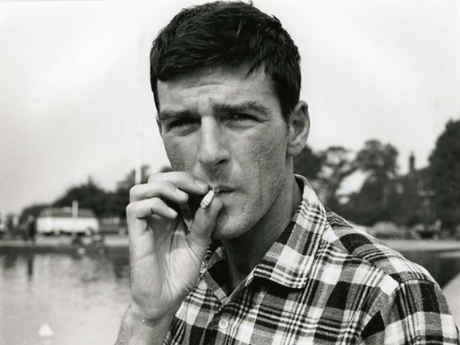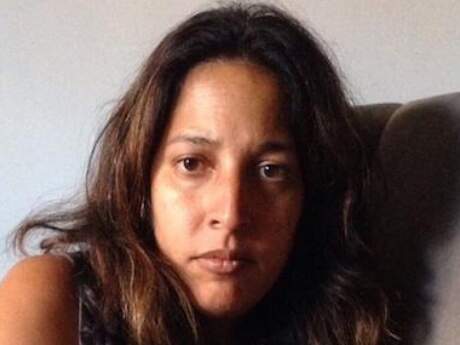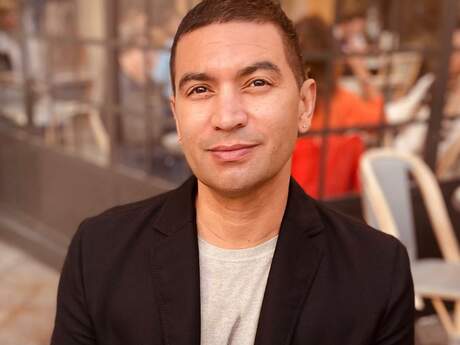Q & A: American Poetry
Q & A American Poetry: Thom Gunn

Are there essential ways in which you consider yourself an American poet?
Yes: I live here and write here.
When you consider your own "tradition," do you think primarily of American poets?
No—I think of everybody I admire—American, English, French, Latin, Italian.
Do you believe there is anything specifically American about past and contemporary American poetry? Is there American poetry in the sense that there is said to be American painting or American film? Do you wish to distinguish American poetry from British or other English language poetry?
American poetry tends to be more enterprising in subject matter and in rhythmical exploration.
Which historic poets do you consider most responsible for generating distinctly American poetics?
All the obvious ones—Whitman, Dickinson, Pound, Williams, E. Bishop, Y. Winters, and so on.
What import does regional poetry occupy in your sense of American poetry?
North Californian and Bostonian both have some importance.
What significance does popular culture possess in your sense of American poetry?
Enormous, by now impossible to disentangle.
What about the American poets who lived primarily in Europe (Eliot, Pound, Stein)? What about the European poets who have recently lived or worked in America (Heaney, Walcott, Milosz)?
I don't have much to say, being myself Anglo-American.
Are you interested in poetry written in America but not in English?
No.
Are you more likely to read a contemporary non-American poet who writes in English or a contemporary non-American poet translated into English?
The former—for me translation can never be equal to reading in the language I have always known.
Do other aspects of your life (for instance, gender, sexual preference, ethnicity) figure more prominently than nationality in your self-identity as a poet?
Yes, sexual preference, being a part of my subject matter.
Do you believe you could readily distinguish a poem by an American poet from a poem by other poets writing in English?
Yes, probably from its rhythmical assurance.
What do you see as the consequences of "political correctness" for American poetry?
None. Poets will continue to grab the muse's crotch.
What are your predictions for American poetry in the next century?
There I give up!
Published 1999.


